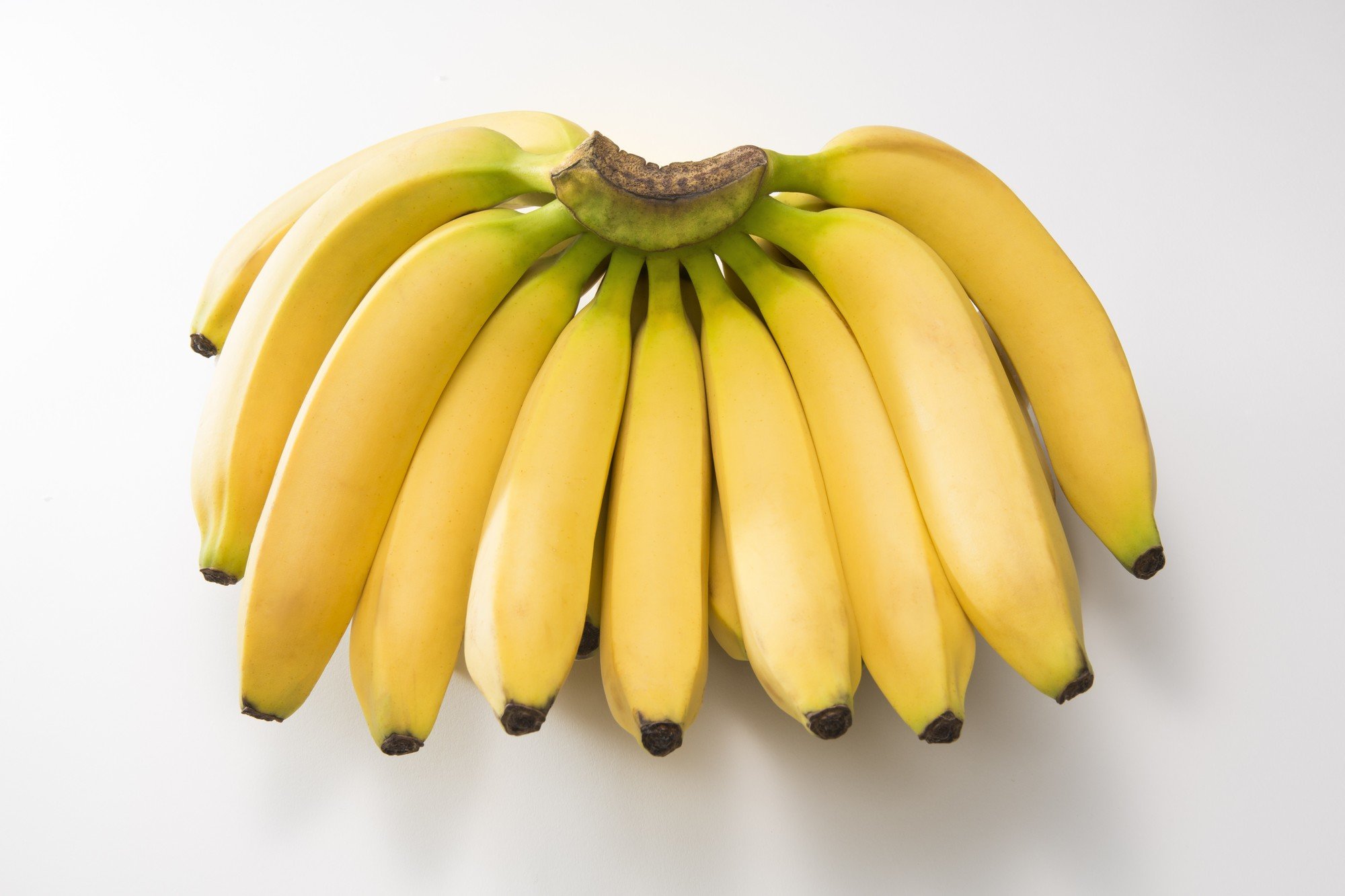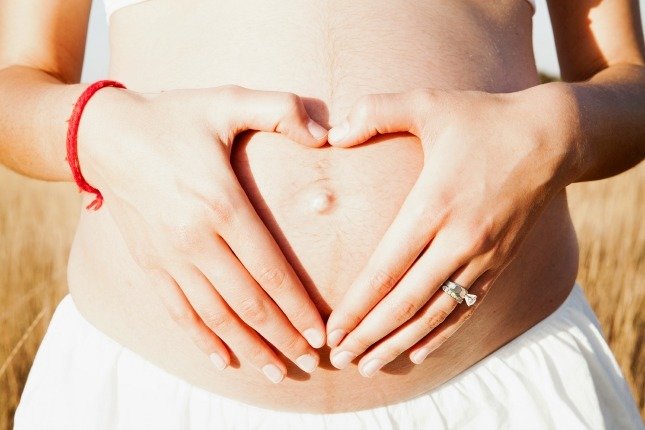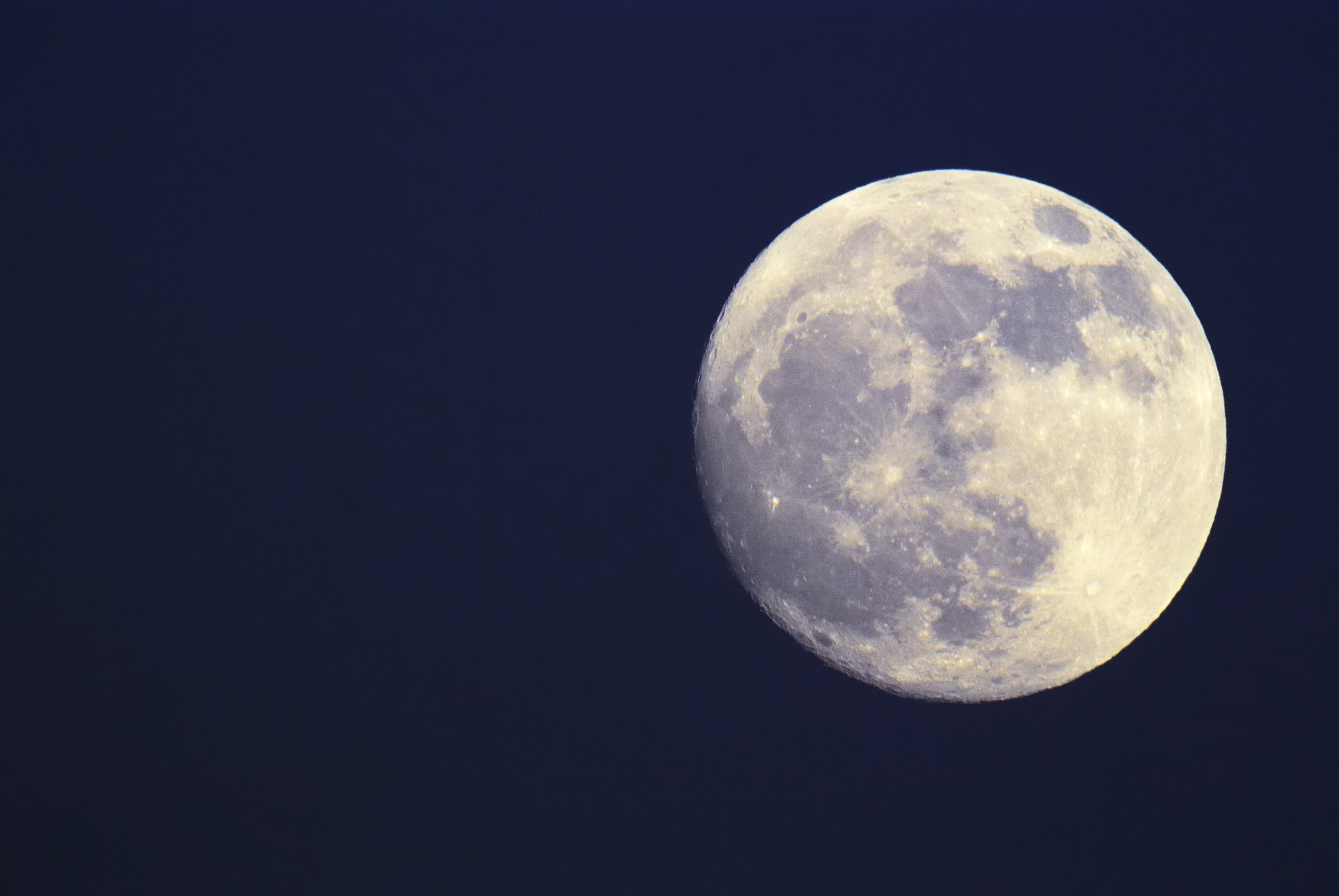Pregnancy superstitions are pretty common. There's always a myth telling moms-to-be what to do and what to avoid. Honestly, some of the pregnancy superstitions or old wives tales may have some truth to them, according to science. Here are some common myths and what science has to say about them.
More from MamásLatinas: 10 Beautiful bilingual baby names we love
If you want to get pregnant with a girl avoid eating bananas.

A study surveyed 740 women and asked them to describe their diet and calorie intake one year before becoming pregnant. It turns out that women with a high level of potassium were more likely to have a boy.
Eating papaya can cause miscarriage.

Unripe papaya does produce an enzyme called papain that can cause contractions, which can lead to early labor. However, a fully ripe papaya is totally healthy to eat during pregnancy.
A study in India proved that pregnant women should look at beautiful images for a "positive impact" on the fetus.

The myth is that if pregnant women stare at beautiful things than their baby will come out good looking. Well, the study doesn't go there (since that's based on genetics), but it does reveal that hanging beautiful photos during your pregnancy can benefit your mood for the better.
Don't leave a newborn or expecting mother's clothes hang drying outside overnight.

This is to avoid germs from insects or animals, which can carry harmful bacteria. Use an indoor dryer to be on the safe side.
Having intercourse in a certain position will determine the baby's gender.

Sorry to break it to you, but this is false. The baby's sex is determined by whether the male's sperm is carrying an X chromosome for a girl or Y chromosome for a boy.
The sex of the baby can impact the mom's immune system.

A recent study at the Ohio State University Wexner Medical Center found that women pregnant with girls "exhibit greater inflammatory responses when faced with some sort of immune challenge." As a result, women expecting baby girls may experience more allergies during pregnancy.
You aren't more likely to give birth on a full moon.

This is a total myth. Studies of years of birth data has shown that the same amount of babies are born on non-full moon nights as any other.




